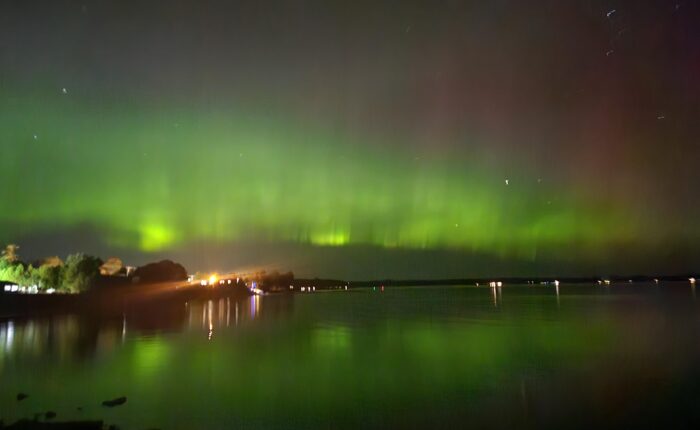Spring in Door County brings more than just cherry blossoms and warming temperatures—it marks the beginning of morel mushroom season, a treasured time for foragers throughout Wisconsin’s picturesque peninsula. These elusive, honeycomb-textured delicacies emerge briefly each year, typically between late April and early June, creating a seasonal treasure hunt that combines outdoor adventure with culinary rewards.
Understanding Morel Season in Door County
Door County’s unique microclimate, influenced by Lake Michigan and Green Bay, creates ideal conditions for morel mushrooms. The season typically begins when soil temperatures consistently reach 50-55°F, often coinciding with the blooming of lilacs and apple trees. In most years, peak morel hunting in Door County falls between the first week of May and early June, though this can vary based on spring rainfall and temperature patterns.
Where to Look
Successful morel hunting in Door County requires understanding their preferred habitats:
– **Dead and Dying Elm Trees**: Perhaps the most reliable indicator, morels often fruit around elms affected by Dutch elm disease, particularly in the year or two after the tree’s death.
– **Old Apple Orchards**: Door County’s historic orchards provide excellent hunting grounds, as morels form mycorrhizal relationships with apple trees.
– **Ash and Oak Forests**: Mixed hardwood forests, particularly those containing ash trees, are prime locations throughout the peninsula.
– **Forest Edges and Disturbed Areas**: Check along hiking trails, forest edges, and areas recovering from fire or logging.
– **Public Lands**: The peninsula offers several public areas where foraging is permitted, including Newport State Park, Peninsula State Park, and Whitefish Dunes State Park. Always check specific park regulations before collecting.
Identification Tips
True morels (Morchella species) have several distinctive features:
– The cap and stem form one continuous hollow cavity
– The honeycomb-textured cap is attached to the stem at its base
– When sliced lengthwise, they are completely hollow
Beware of false morels (Gyromitra species), which can be toxic. False morels have caps that hang freely from the stem like a skirt, are not hollow inside, and have an irregular, brain-like rather than honeycomb pattern.
Ethical Foraging Practices
When foraging in Door County:
– Use a mesh bag that allows spores to disperse as you walk
– Cut mushrooms at the base rather than pulling them out
– Never harvest all morels from one location
– Leave small morels to continue growing
– Obtain proper permits if required and know local regulations
Local Resources
Door County offers several resources for morel enthusiasts:
– The Door County Land Trust occasionally hosts guided foraging walks
– Local nature centers often provide information on seasonal fungi
– Experienced foragers sometimes offer guided hunts through local outdoor outfitters
Cooking Your Harvest
Door County’s culinary scene embraces morels, with local chefs incorporating them into spring menus. When preparing your own harvest:
– Always cook morels thoroughly—never consume them raw
– A simple preparation with butter, garlic, and white wine highlights their natural flavor
– They pair wonderfully with local Door County specialties like whitefish or cherry-infused dishes
For those new to morel hunting, joining one of the peninsula’s knowledgeable foragers for a guided experience can provide invaluable education while ensuring sustainable harvesting practices continue for generations to come.
Happy hunting in Door County’s spring woodlands!

